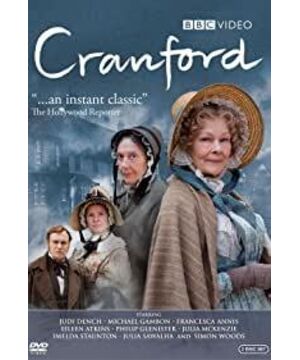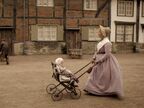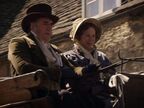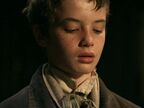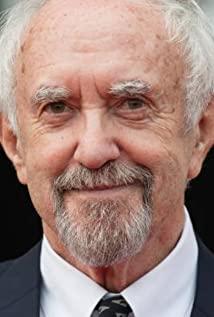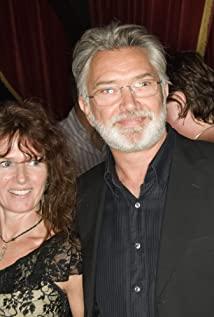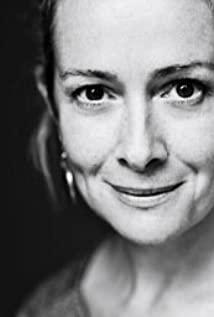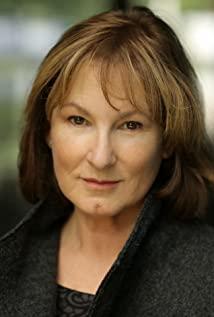Knowing that Elisabeth Gaskell started from "North and South" and "Wives and daughters", it feels quite late to meet. It is strange that such a good writer has not been introduced into China. Personally, I think she may be below Dickens, but definitely above Austin. Fortunately, all her works have been put on the screen by the BBC, which truly reproduces the United Kingdom more than a hundred years ago.
As a woman, the author, like George Sand, has a man's rational perspective, not only satisfied with the narratives of mother-in-law and mother, but also grasps the pulse of the times and reads out the human nature in the changing times.
My personal favorite characters are Carter and Mary.
I love Carter to death, knowing what to do and what not to do. His persuasion to the lady, his help to the little boy, his calmness and reason in the case of things made me feel that this is a real English gentleman. He invested in the factory and got huge profits, but when he saw the cruelty of the factory, he recovered his investment. How can such a person not be admired. When he was dying, he was so calm that he asked the millinery to write his will, and everything was in good order for the boy and the lady. For the changes of the times, people like Carter adapt in moderation, and use their own strength to make the world a better place. Such people do not participate in the bloody revolution, but slowly change the world with faith, love, and truth, goodness and beauty. This kind of personality charm, let me admire. Men don't have to be rich or handsome, but they must have love, reason, responsibility, and marry someone like Carter.
Mary, a brave woman who knew what she wanted. In any era, it is not easy for a woman to know exactly what she wants. At the beginning of the film, she said that she is not ready to get married, so she came to Cranford, she knew how to get rid of her stepmother's marriage arrangement, and had enough control over her life. She helped doctors clear up misunderstandings, she wrote letters to colonels who participated in the war, and what she did was not only helping others, but also a kind of courage, a kind of bravery. She may not be the prettiest in the movie, but she is the most charismatic. Marry a wife, marry Mary.
If the train in the film represents the new power, then the lord and the old maid represent tradition, tradition dies, tradition suffers. The Lady is a very contradictory character. She knows her mission, and she knows that it cannot be accomplished, so she lives in pain. At the end of the film, she explained Carter's will to the little boy, and the little boy said, "You don't want me to read", she replied, "Yes, I don't want it, but that doesn't mean I'm right." A wise woman, but wisdom brings her only pain. I feel sad for her.
No matter how society changes, I believe that the real happiness will always be the middle class. The proletariat in the film, a family of young boys, is struggling to survive. The bourgeoisie, the Ladies, are bound by their innate mission, they have no life, only survival and mission.
Reading Wu Xiaobo's "100 Years of Downs and Downs", I know how many feudal survivors struggled for land when China first built the railway. After watching "Cranford", I realized that new things like railways were also resisted in the hometown of the Industrial Revolution. Humanity is the same.
The production of the film is extremely beautiful, I especially like the opening picture, the Scottish folk song "loch lomond" in the film. The BBC's production is very sophisticated, which is qualitatively different from fast-food American dramas and shoddy domestic dramas.
View more about Cranford reviews


